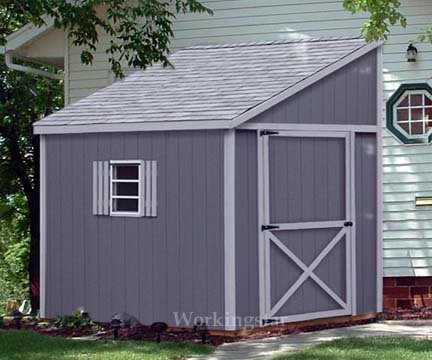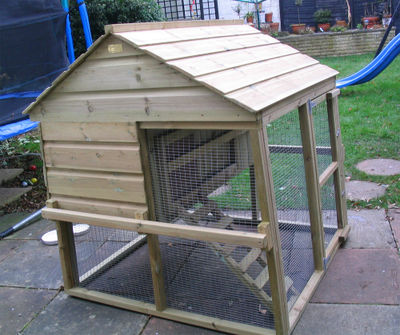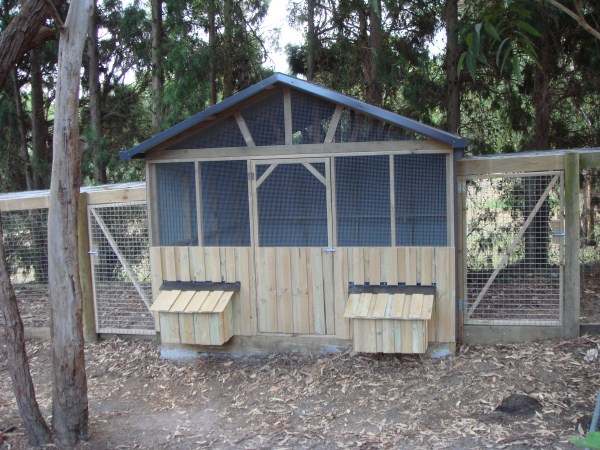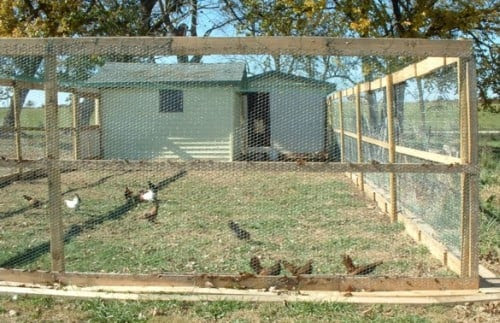The Comprehensive Cost Analysis of Constructing a 12x16 Shed
The decision to build a 12x16 shed, whether for storage, workshop purposes, or a combination thereof, requires careful consideration of various factors that significantly impact the overall cost. This detailed analysis explores the multifaceted expenses involved, offering a comprehensive understanding of the financial commitment required for such a project.
I. Material Costs: The Foundation of Your Budget
Material costs represent a substantial portion of the total expense. Accurate estimation necessitates a detailed breakdown of each component, factoring in regional price variations and material choices.
A. Foundation: The Unshakeable Base
The foundation type dramatically affects both cost and longevity. Options range from simple gravel pads, relatively inexpensive but offering less stability, to more robust concrete slabs or pier-and-beam foundations, providing greater durability and longevity but at a higher initial cost. A gravel pad might cost between $200 and $500, while a concrete slab could range from $1000 to $3000 depending on size and labor. Pier-and-beam foundations usually fall within the $1500 to $4000 range, influenced by the number of piers and the complexity of the terrain.
B. Framing Lumber: The Structural Backbone
The quantity and grade of lumber directly impact the structural integrity and cost. Pressure-treated lumber is essential for ground contact, adding to the expense. Estimating lumber requirements necessitates precise calculations based on the shed's dimensions and design. Expect to spend anywhere from $500 to $1500 on framing lumber, depending on the lumber grade, quantity required and regional pricing variations. Factors such as the inclusion of additional bracing and the type of roofing system will also impact the overall amount.
C. Roofing Materials: Protection from the Elements
Roofing material selection offers a range of options, each with a distinct price point. Asphalt shingles represent a common and relatively affordable choice, while metal roofing, though more expensive upfront, offers superior durability and longevity. Other options include architectural shingles and even more specialized roofing materials for unique aesthetic requirements. The cost of roofing materials can range from $500 to $2000 or more, dependent on the chosen material, its quality, and the roof's complexity.
D. Siding and Trim: The Shed's Exterior
Siding material options include vinyl, wood, and metal, each with its own aesthetic appeal and price range. Vinyl siding is often the most economical, offering low maintenance and a variety of color choices. Wood siding provides a more traditional look, but requires more maintenance. Metal siding, while durable and long-lasting, often represents a higher initial cost. Expect to spend anywhere between $300 and $1200 on siding and trim, contingent on material selection and the overall complexity of the shed's design.
E. Doors and Windows: Access and Ventilation
The number and type of doors and windows contribute to both the shed's functionality and its cost. Standard single doors are generally less expensive than double doors, while the inclusion of windows adds to the overall material expense. Pricing for doors and windows can range from $200 to $800, depending on size, style, and material choice. The type of glazing and any security features will also increase costs.
II. Labor Costs: The Human Element
Labor costs represent a significant, often underestimated, aspect of the overall budget. This can be minimized by undertaking some or all of the construction personally, but requires considerable skill and time. Outsourcing the entire project to a professional contractor will inevitably result in a higher overall cost.
A. DIY vs. Professional Construction
DIY construction offers significant cost savings, but demands experience, tools, and considerable time commitment. Errors can lead to costly repairs or even structural compromise. Professional construction eliminates this risk, offering expertise and a guarantee of quality, but incurs a substantial labor cost. Expect to pay anywhere from $3,000 to $10,000+ for professional labor, depending on location, contractor rates, and the complexity of the design.
B. Specialized Labor Requirements
Certain aspects of construction might necessitate specialized labor, such as foundation work, electrical wiring, or plumbing if included. These specialized tasks will increase the overall labor costs. It is prudent to obtain multiple quotes for these specialized services to ensure competitive pricing and avoid overspending. These costs can add anywhere from $500 to $2000+ dependent on the specific needs and regional labor rates.
III. Permits and Inspections: Legal and Safety Compliance
Building permits and inspections are mandatory in most jurisdictions, and failure to obtain them can result in hefty fines. The cost of permits varies significantly depending on location and the complexity of the project. Expect to allocate $100 to $500 for permits and inspection fees.
IV. Contingency Planning: Unexpected Expenses
Unexpected expenses are inevitable in any construction project. Allocating a contingency fund of 10-20% of the estimated total cost is essential to mitigate the impact of unforeseen issues. This buffer accommodates price fluctuations, material shortages, and potential complications that may arise during the building process.
V. Total Estimated Cost Range
Considering all factors discussed above, the total cost of building a 12x16 shed can range from approximately $3,500 to $15,000 or more. The lower end of this range reflects a DIY project with minimal extras and potentially a simpler foundation. The higher end encompasses professional construction, high-quality materials, elaborate design features, and complex foundation systems.
Disclaimer: This cost analysis provides a general estimate and actual costs may vary significantly based on location, material choices, labor rates, and project-specific requirements. It is essential to obtain detailed quotes from contractors and suppliers before embarking on a construction project.











